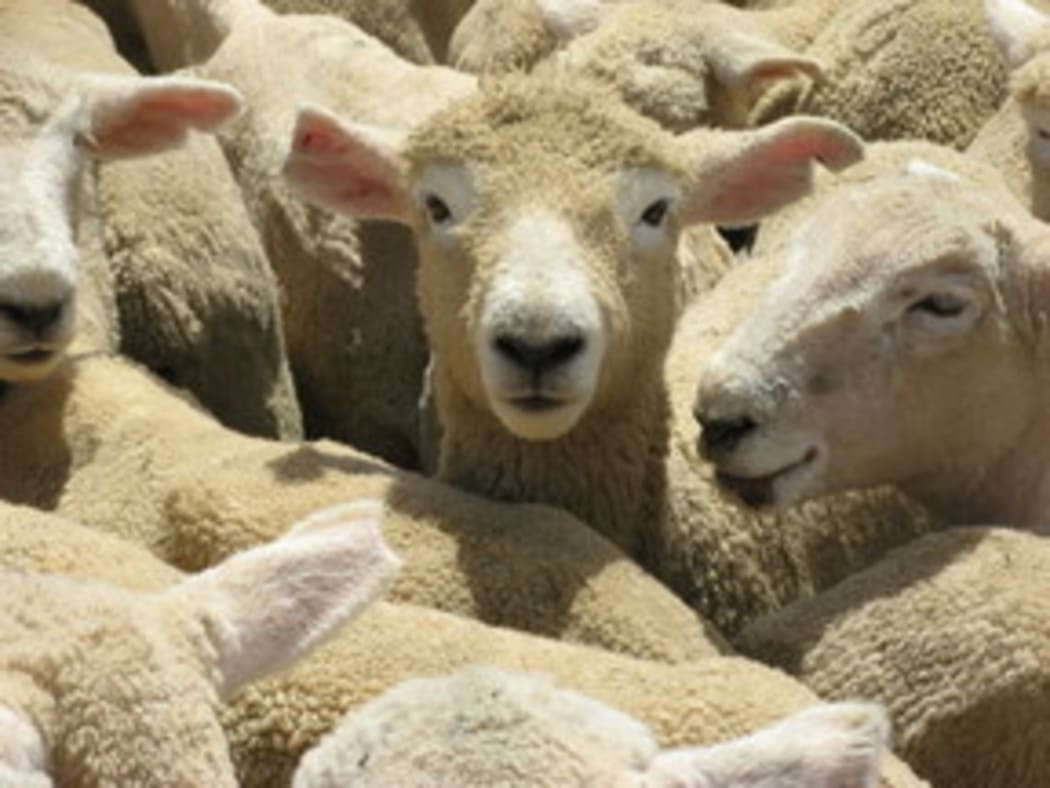Sheep measles rates are continuing to fall with another drop the detection rate in lambs processed this season.
The disease but can produce cysts in the meat of infected sheep and lambs, which can lead to it being downgraded or rejected at processing plants, but is not a risk to human health.

Photo: RNZ
It can be spread through untreated dogs that eat raw sheep or goat meat and spread a tapeworm through their faeces.
Just 0.59 percent of lambs processed in the season ending October were detected with sheep measles compared to 0.64 percent last season and 0.86 in 2007.
Dan Lynch, of disease control agency Ovis Management, said there were several challenges in keeping the prevalence of sheep measles down.

Dan Lynch Photo: Supplied
"We have an issue where farmers who buy lambs in, then send them for processing, have three times the sheep measles prevalence of those people who breed and finish their own lambs.
"Both groups are applying the same level of control, so it tends to indicate that farmers buying in lambs are buying, in many occasions, lambs with infection."
Mr Lynch said because meat was checked when processed, farmers who traded lambs and did not them to the freezing works were not part of the feedback loop from processor back to supplier.
"Ovis Management is exploring ways and trying to refine options for getting feedback to farmers who breed lambs but don't kill them, to ensure dogs are on a regular dosing programme to stop infection from occuring."
Farmers can also manage the risk of disease by restricting external dogs coming on the property, and having controls in place so dog owners have a treatment certificate or evidence of a dose in the past 30 days.
"Farmers close to rivers, for instance, continually have issues of hunters or fly fishermen coming through their farms.
"Farmers taking control of their own farm biosecurity is key to controlling this parasite."



